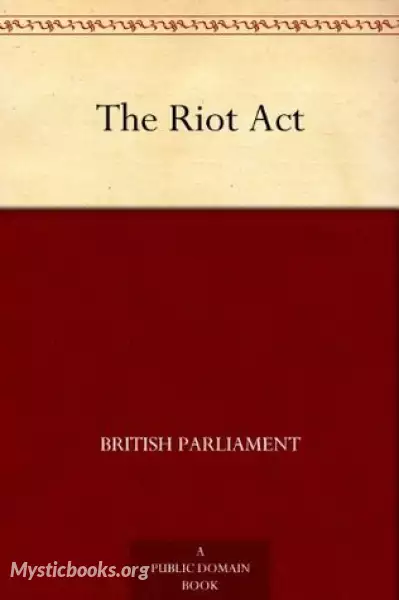
The Riot Act
by Parliament of the United Kingdom of Great Britain
'The Riot Act' Summary
The Riot Act 1714 was introduced during a time of civil disturbance in Great Britain, such as the Sacheverell riots of 1710, the Coronation riots of 1714 and the 1715 riots in England. The preamble makes reference to "many rebellious riots and tumults [that] have been [taking place of late] in diverse parts of this kingdom", adding that those involved "presum[e] so to do, for that the punishments provided by the laws now in being are not adequate to such heinous offences".
The act created a mechanism for certain local officials to make a proclamation ordering the dispersal of any group of more than twelve people who were "unlawfully, riotously, and tumultuously assembled together". If the group failed to disperse within one hour, then anyone remaining gathered was guilty of a felony without benefit of clergy, punishable by death.
The proclamation could be made in an incorporated town or city by the mayor, bailiff or "other head officer", or a justice of the peace. Elsewhere it could be made by a justice of the peace or the sheriff, undersheriff or parish constable. It had to be read out to the gathering concerned, and had to follow precise wording detailed in the act; several convictions were overturned because parts of the proclamation had been omitted, in particular "God save the King".
Book Details
Authors
Parliament of the United Kingdom of Great Britain
United Kingdom
The Parliament of the United Kingdom is the supreme legislative body of the United Kingdom, the Crown dependencies and the British overseas territories. It alone possesses legislative supremacy and th...
Books by Parliament of the United Kingdom of Great BritainDownload eBooks
Listen/Download Audiobook
- Select Speed
Related books
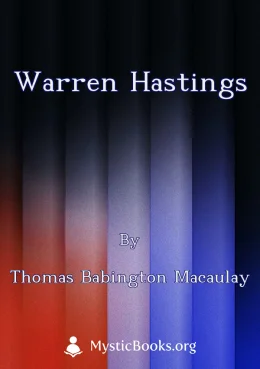
Warren Hastings by Thomas Babington Macaulay
This essay, originally published in the Edinburgh Review in 1841, is a critical examination of Warren Hastings, the first Governor-General of Bengal....
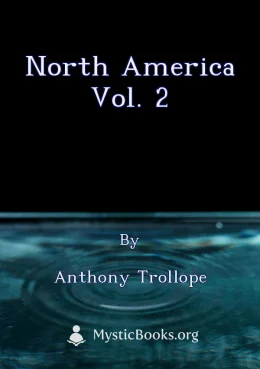
North America Vol. 2 by Anthony Trollope
In 1861-1862, renowned Victorian novelist Anthony Trollope embarked on a journey through the Canadas and the United States to observe their customs, s...

Poems by the Most Deservedly Admired Mrs. Katherine Philips, The Matchless Orinda by Katherine Philips
Katherine Philips, known as "The Matchless Orinda," was a celebrated poet known for her passionate and politically charged works. In this collection,...

The Promise of American Life by Herbert Croly
The Promise of American Life is a book published by Herbert Croly, founder of The New Republic, in 1909. This book opposed aggressive unionization and...
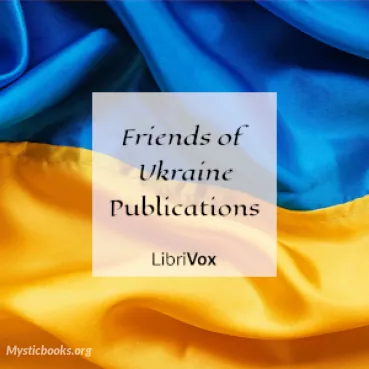
Friends of Ukraine Publications by Various
It is a comprehensive overview of the history, culture, and politics of this fascinating and complex nation. Through a variety of different perspecti...
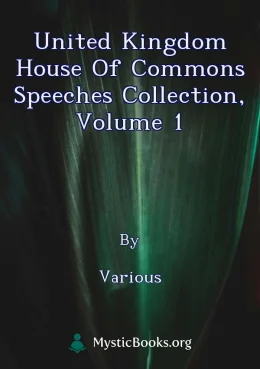
United Kingdom House of Commons Speeches Collection, volume 1 by Various
This collection comprises recordings of 17 historic speeches given to the UK House of Commons between 1628 and 1956. Readings are of speeches orignina...
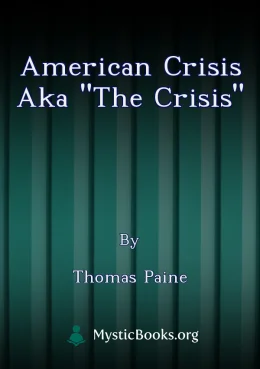
American Crisis aka "The Crisis" by Thomas Paine
A collection of pamphlets written by Thomas Paine during the American Revolution, providing a compelling argument for independence and urging the colo...
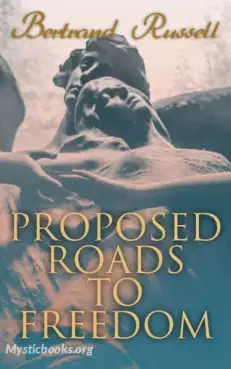
Proposed Roads to Freedom by Bertrand Russell
Bertrand Russell, 3rd Earl Russell (1872 – 1970) was a British philosopher, logician, mathematician, political activist and Nobel laureate. He led the...
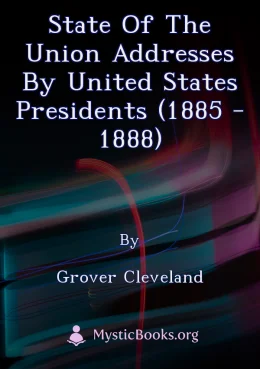
State of the Union Addresses by United States Presidents (1885 - 1888) by Grover Cleveland
This book compiles the State of the Union addresses delivered by President Grover Cleveland during his first term in office (1885-1888). It provides a...
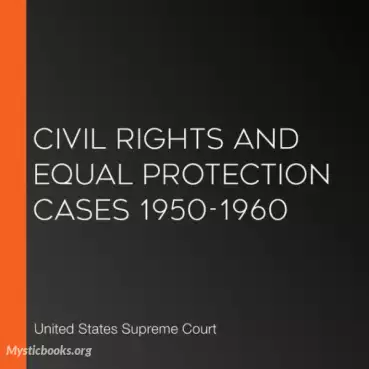
Civil Rights and Equal Protection Cases 1950-1960 by United States Supreme Court
Landmark United States Supreme Court decisions focusing on civil rights and equal protection between 1950 and 1960.
Reviews for The Riot Act
No reviews posted or approved, yet...